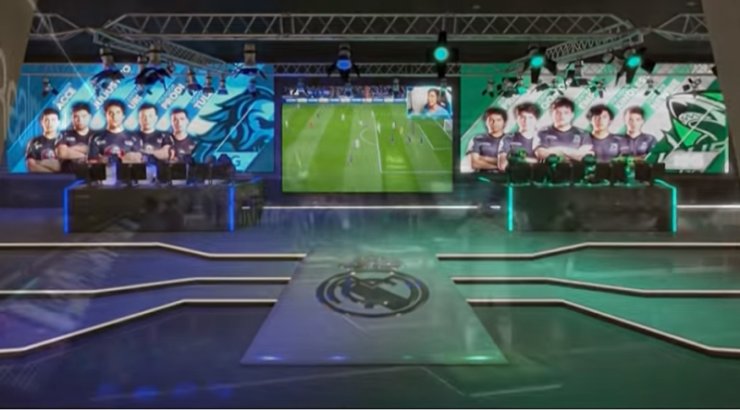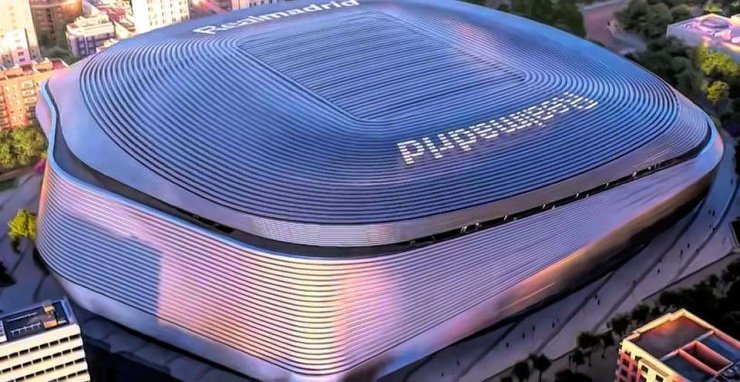Real Madrid – a Spanish soccer club will include an esports competition space in its redesigned Santiago Bernabéu Stadium plan, which was revealed on Sunday and will begin construction in 2019 and the construction is expected to take about three and a half years to complete.

As we can see in the released video, Real Madrid shows off plans for the new high – tech stadium. This stadium comes with a lot of features that you’d expect to see in 21st-century soccer stadiums, including large open spaces, indoor stores, and, of course, the field and thousands of seats for those attending.
However, one aspect that is different with this stadium is the inclusion of a brand – new indoor arena specifically designed with esports - a space in the stadium with two esports teams playing in front of monitors, complete with large screens behind them that show gameplay and team imagery.
Real Madrid’s logo is emblazoned on the platform leading up to the playing area with FIFA shown on the screen. Even though it seems a bit small, this is obviously just a concept at this time so anything could change. It also hints at Real Madrid possibly entering esports in the future or at least providing a place for future esports tournaments to be held.
Everyone might have known that Real Madrid has been one of the most notable holdouts when it comes to traditional soccer teams entering the esports space. Additionally, separate from the team, former Real Madrid player Álvaro Arbeloa recently became an investor in Spanish League of Legends team, Origen.

Real Madrid will overhaul the existing arena in Madrid, Spain, and outfit the arena with a number of modern amenities, which this renovation project will cost about €525M ($617.2M). Especially, if hosting esports events could provide another revenue stream for the expanded stadium, which is projected to bring in an additional €150M ($176.4M) per year once completed.










Comments